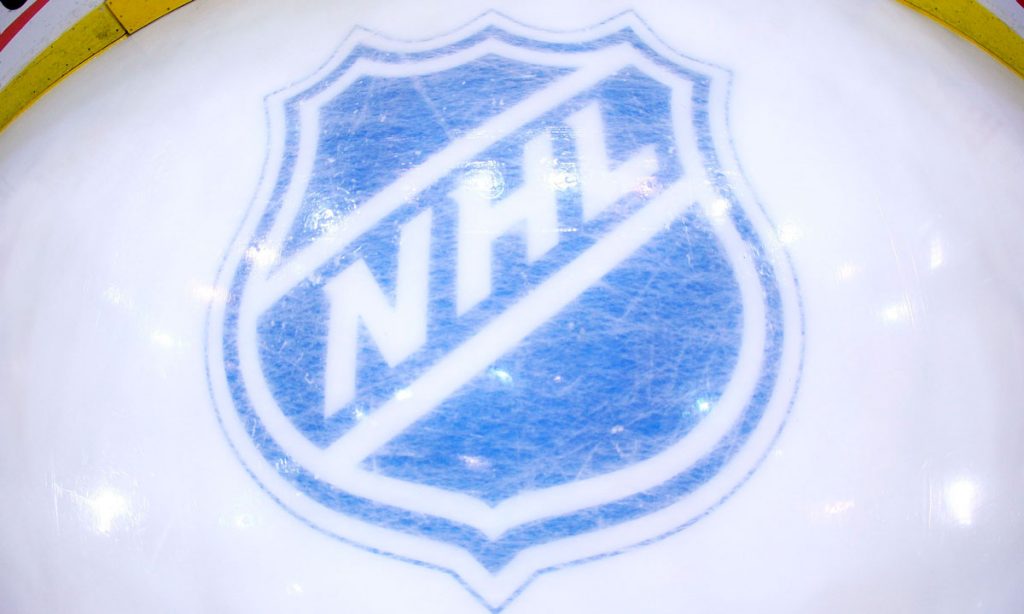Hockey players are turning to cocaine and molly more than ever, showcasing nationwide trends in drug use.
The Athletic recently reported what everyone in professional hockey calls the “secret everybody knows” — the NHL has a drug problem. Playing in the NHL is notoriously bruising and taxing on your body. Hockey players have been known to drink a six pack, light a joint, or pop pills to take the edge off after a game. And their choice of painkillers isn’t getting any better.
Marijuana use remains common in the sport, as many players live in Canada or states with legal cannabis. For some, that’s still enough, but a growing number of players now reach for something harder. According to The Athletic, cocaine ranks as the drug of choice for many younger hockey players. Molly (the pill form of MDMA) is also on the rise.
“It’s really the secret that everybody knows,” a former NHL player said. “Guys are just popping molly on the weekends or before a team Halloween party or whatever.”
RELATED: The NHL Might Commission Study On Marijuana’s Therapeutic Benefits
One veteran NHL player told The Athletic that 10 years ago booze was everywhere. Cocaine was rarely seen or mentioned in locker rooms. But the change is unrelated to the sport. “It’s not like it’s a hockey thing. It’s a culture thing,” the player said.

The Washington Post reported in 2017 American cocaine use is up nationwide, thanks to a boom in Colombia’s production of the illegal coca crop since 2013. According to a 2017 National Survey on Drug Use and Health, young Americans who tried cocaine for the first time rose 61% between 2013 and 2015. Most devastating is that “the number of overdose deaths involving cocaine almost doubled” between 2014 and 2016, the Center for Disease Control and Prevention’s National Center for Health Statistics found.
RELATED: NBA Commissioner On Basketball Players Using Marijuana: ‘It’s A Complicated Issue’
“Cocaine is a huge drug now,” Anaheim Ducks forward Adam Henrique told The New York Post. “It seems so casual, that it’s not a big deal; like having a beer almost, which is kinda scary. Where does it stop?”
Recent studies show that for those addicted to cocaine, marijuana could provide help. Canadian researchers found in a 2017 study “that cannabinoids may play a role in reducing cocaine-related craving symptoms.” Meanwhile, Scripps Research Institute scientists discovered last year that cannabidiol (CBD) could help “reduce the risk of relapse among recovering drug and alcohol addicts,” including cocaine users.


